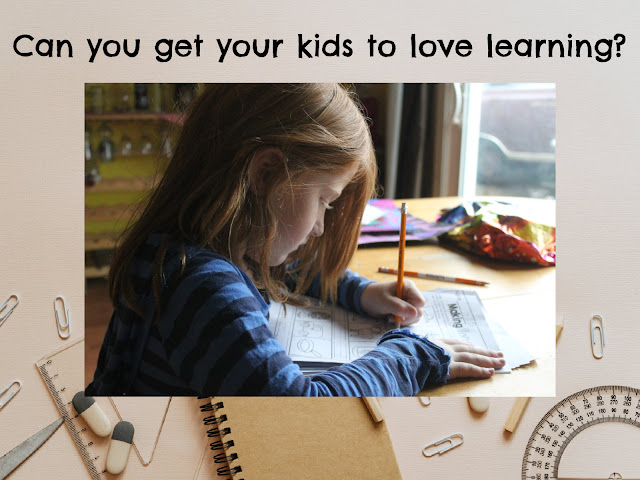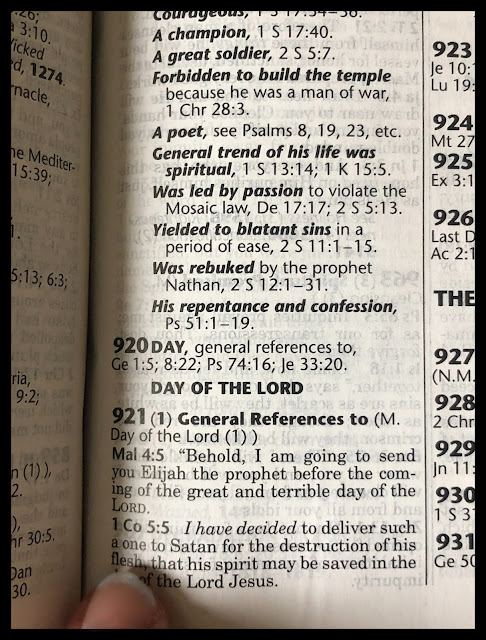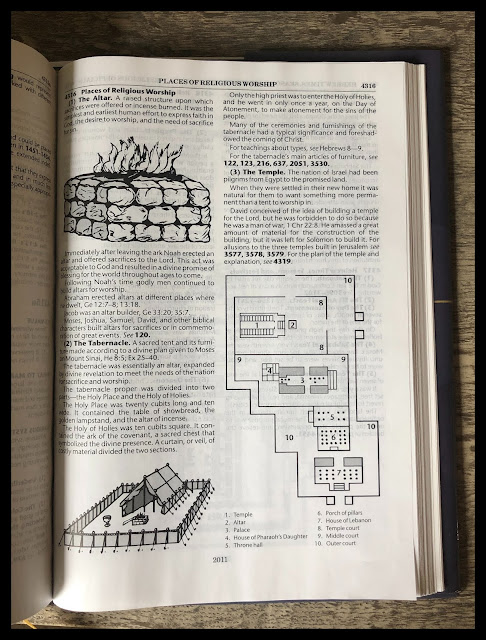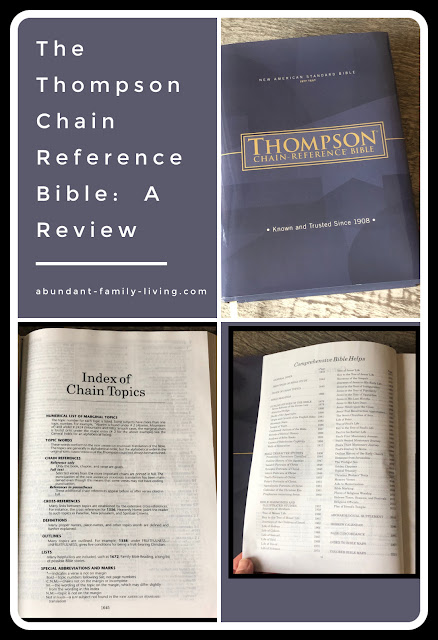Not all kids love learning, however there is a difference between a kid that doesn’t like to learn, and a kid that isn’t interested at the moment. Sometimes the way things are being portrayed just aren’t getting through to the kids, and sometimes, they don’t feel as though anyone cares enough about their education, so why should they? In this article, we’re going to be taking a look at how you can get your kids to love learning.
| CC0 Licence - Image Source |
Can You Get Your Kids To Love Learning?
Make It Fun
The first piece of advice that we have for you is to make it fun. When something is fun, you are much more likely to want to do it, right? The same goes for your kids, so you need to think of fun and creative ways to get them to learn. If you make learning fun as often as possible, your kids are far more likely to engage with the activities. For example, if you use things like play-doh when it comes to math or making milkshakes when learning about ratios and so on. Now, not every lesson is always going to be fun. Sometimes "old fashioned" methods work best but these are two good ideas that can help visualize what you are saying which is sometimes the key to understanding.
Engage With Their Work
| Credit Link - CC0 Licence |
One problem that some kids have is that they feel as though nobody actually cares about their learning, so why should they? To avoid this, you need to be actively engaging in your kids learning as much as you can. Ask them about school, ask them about classes, talk to them through their homework, encourage them to find out more about certain topics and so on. Engage as much as you can without becoming overbearing and smothering, and they are going to thank you for it.
Remember that if your kids have someone to tell them that they are proud of them, they are more likely to push to achieve these things.
Help Them Find Their Point Of Interest
The final thing that we are going to mention is the fact that you should help them find their point of interest. This could be art, it could be reading, or anything else. Try looking into classic books for teens if you have a reader, and encourage them in their interest. Let them love what they love, and be there every step of the way so that they know you support them. This is important for their growth as well as their path to loving learning in one way or another.
We hope that you have found this article helpful, and now see some of the things that you can try to get your kids to love learning. Not all of these suggestions are going to work for everyone. Perhaps you have other suggestions. If so, leave them in the comments section below so that we can all learn from one another's suggestions.
PIN ME!




















